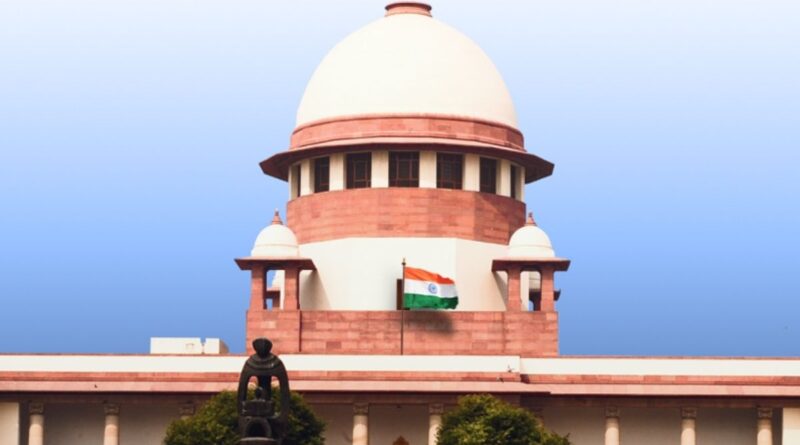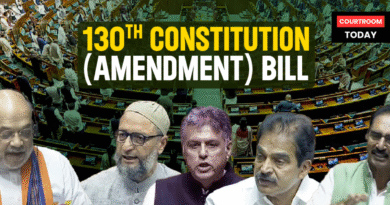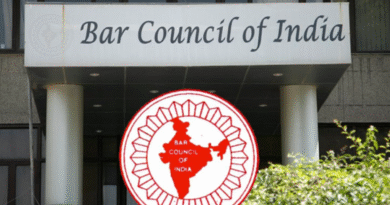Supreme Court to Fix Typo in Waqf Amendment Act Order: Section 3E Cited Instead of 3D
The Supreme Court has said it will correct a clerical error in its recent order on the Waqf (Amendment) Act, 2025. The correction relates to paragraph 178, where the judgment mistakenly mentioned Section 3D instead of Section 3E.
Advocate Sneha Kalita highlighted the error before the bench led by Chief Justice of India BR Gavai, who appreciated her attentiveness. The Chief Justice remarked, “You have read the judgment so closely.”
In the original judgment, paragraph 178 upheld the validity of the provision, noting that it protected the interests of marginalised communities like Scheduled Tribes. However, the wrong section number had been cited.
On 15 September 2025, the Supreme Court had partly stayed the Waqf (Amendment) Act, 2025. While most of the law was allowed to operate, three provisions were suspended for now:
- The requirement that a person must have practiced Islam for five years before dedicating property as waqf.
- The limit on the number of non-Muslim members on Waqf boards and the Central Waqf Council (not more than three).
- The power given to the District Collector to decide whether waqf property belonged to the government – the Court said this violated the principle of separation of powers.
The Court clarified that these steps were necessary to protect citizens’ rights while allowing the bulk of the Act to function.
The law remains under challenge, with debates focusing on the power to de-notify properties classified as “waqf by courts, waqf-by-user, or waqf by deed.” Earlier, on 25 April 2025, the Union Ministry of Minority Affairs filed a 1,332-page affidavit defending the Act.
In Parliament, the bill saw heated discussion before being passed – 288 MPs supported it in the Lok Sabha (232 opposed) and 128 supported it in the Rajya Sabha (95 opposed).





